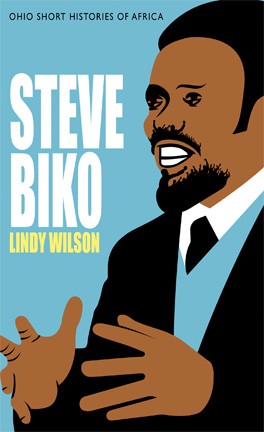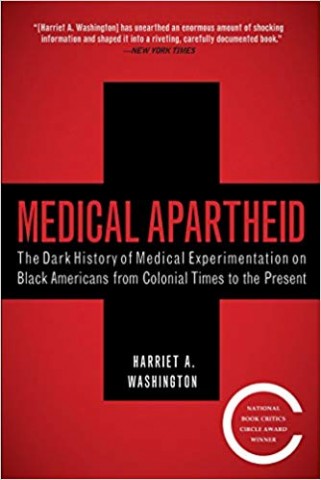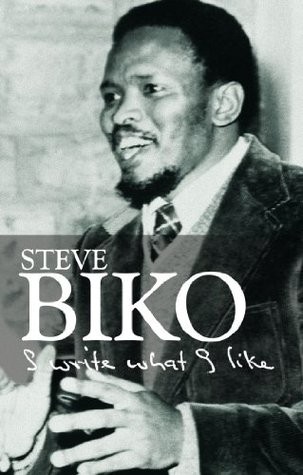Ohio University Press has a series of "Short Histories of Africa". I recently decided to pick up most of the collection for potential use as reading materials for classes. This post covers "Chris Hani" (2014) by Hugh MacMillan. Like others in this series, this book helps provide accessible and concise materials on leading figures that otherwise are sometimes challenging to find appropriate student readings on. This one fills that gap. In addition to the biography, the book tells a lot of the history of the ANC and uMkhonto we Sizwe. A few notes:
"We must make apartheid expensive and costly in terms of financial resources and in terms of lives. It must be made painful. At the moment it is very sweet for them but it must be made painful and bitter, especially for the whites. It is bitter for the blacks. For the whites it must be made very painful and bitter… apartheid won't just be destroyed through talking, but, since it is a violent system, it will be destroyed by revolutionary violence." (p. 102)
"I am an implacable enemy of oppression. I am a soldier for democracy and justice. Negotiations are a product of all our sacrifices – those who went to jail, those into exile, those in camps in strange countries. What is happening is the fruit of this hard worthwhile labor … We need to build strong grass roots structures. We must build a popular democracy." (p. 126)
"… the ANC will have to fight a new enemy. That enemy would be another struggle to make freedom and democracy worthwhile to ordinary South Africans. Our biggest enemy would be what we do in the field of socio-economic restructuring. Creation of jobs; building houses, schools, medical facilities; overhauling our education; eliminating illiteracy; building a society which cares; and fighting corruption … " (p. 128)




